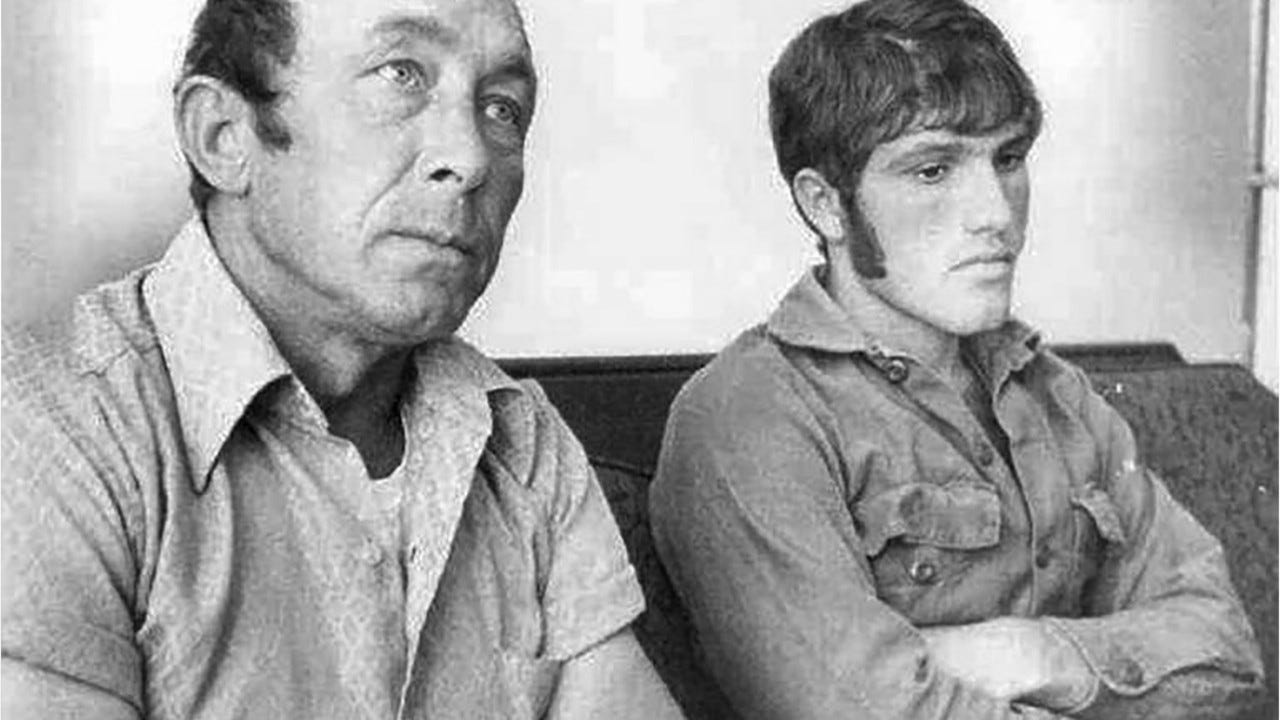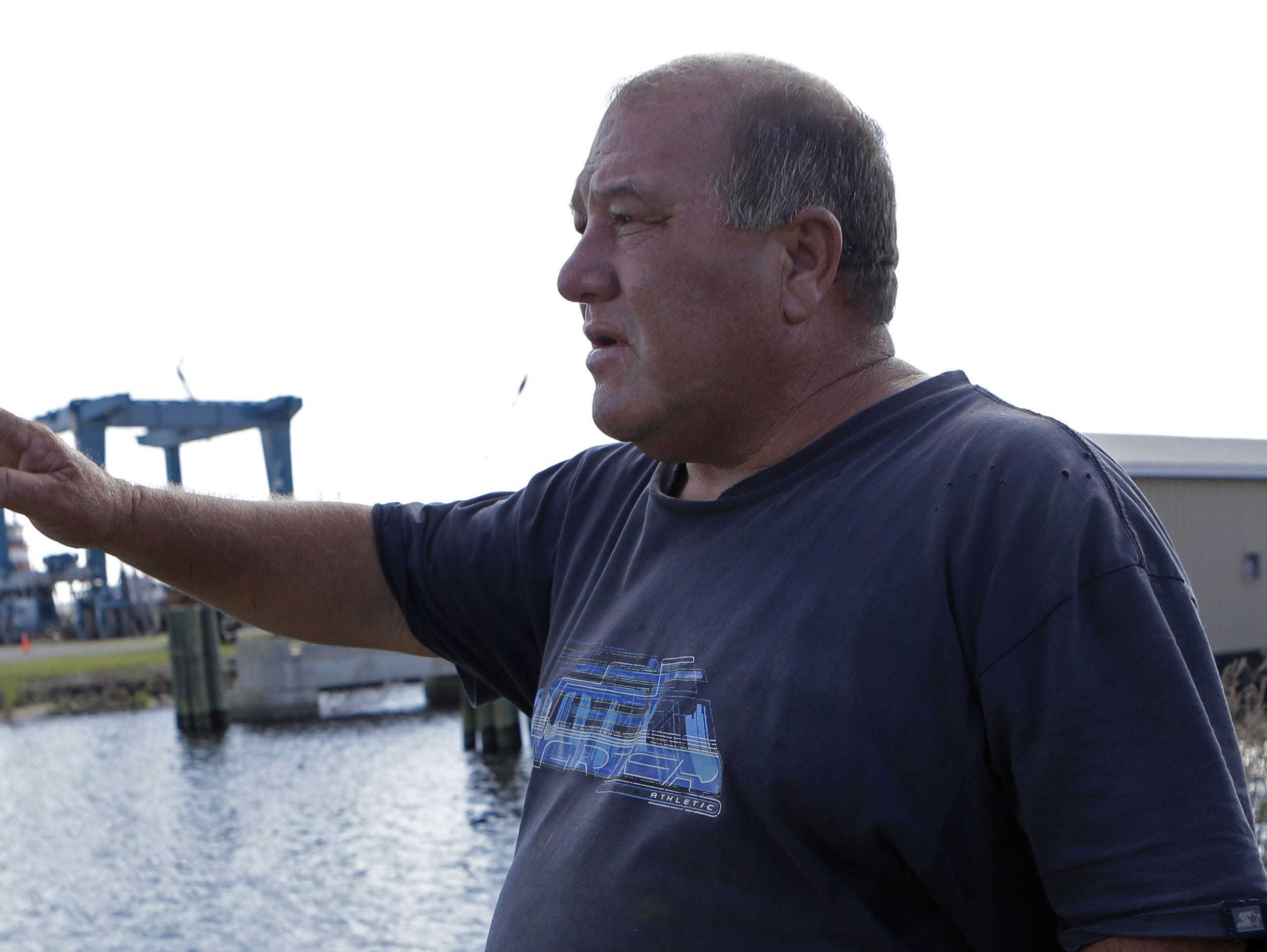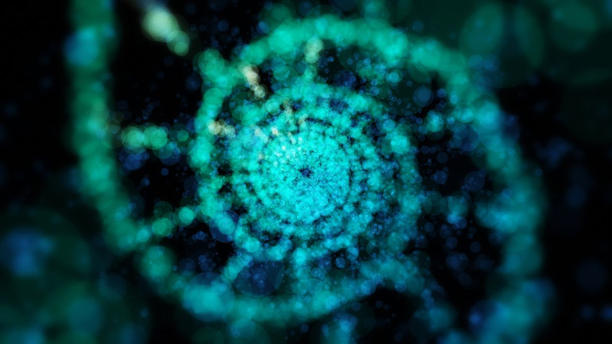Total Pageviews
Thursday, 28 September 2023
Monday, 25 September 2023
Scientists believe alien life could exist under 'impossible' conditions
Scientists believe alien life could exist under 'impossible' conditions (msn.com)
Scientists have found that one of the key pillars of theory around how life works – that it depends on carbon – may not be the case on other planets.
Here on Earth, life depends on organic compounds which are composed of carbon, and often involve other elements such as sulphur, oxygen, hydrogen, nitrogen and phosphorus.
With organic compounds, life is partly sustained by chemical interactions called autocatalysis, which are self-sustaining.
That means they produce molecules which then enable the reaction to happen again, and do not need any outside influence to keep going on.
In the new study, scientists looked for autocatalysis in non-organic compounds.
The theory is that if autocatalysis helps drive a process called abiogenesis – the origin process for life – then this origin process could also come from non-organic matter.
Betül Kaçar, an astrobiologist, bacteriologist and evolutionary biologist at the University of Wisconsin-Madison, told news outlet Space.com: “It's important to explore these possibilities so that we have an idea of what all forms of life can look like, not just Earth life.”
"One of the major reasons that origin-of-life researchers care about autocatalysis is because reproduction — a key feature of life — is an example of autocatalysis.
“Life catalyses the formation of more life. One cell produces two cells, which can become four and so on.
“As the number of cells multiply, the number and diversity of possible interactions multiplies accordingly.”
The scientists searched in a huge trove of existing scientific documents for examples of autocatalysis, and found 270 different cycles of the reactions.
Most of the 270 examples did not feature organic compounds, but rather elements which are rare in life forms such as mercury, or the radioactive metal thorium.
“It was thought that these sorts of reactions are very rare,” Kaçar said in a statement. “We are showing that it's actually far from rare. You just need to look in the right place.”
Now, it means scientists can test these cycles to get a better understanding of how autocatalysis can work.
“The cycles presented here are an array of basic recipes that can be mixed and matched in ways that haven't been tried before on our planet,” said study author Zhen Peng, also an evolutionary biologist at the University of Wisconsin-Madison.
“They might lead to the discovery of completely new examples of complex chemistry that work in conditions where carbon- or even silicon-based cycles are too either combusted or frozen out.”
The scientists published their findings in the Journal of the American Chemical Society.
Wednesday, 20 September 2023
Monday, 18 September 2023
Sunday, 17 September 2023
Tuesday, 12 September 2023
The Emilcin, Poland, UFO encounter and alien abduction of farmer Jan Wol...
What We Have Been Looking For? Methane and carbon dioxide found in atmosphere of habitable-zone exoplanet
We keeping aiming our detectors at deep space -111 light years in this instance. We might find similar results if we concentrated on closer star systems but for many astronomers 111 light years is "safely far away"
Image for visual usehttps://www.cam.ac.uk/stories/carbon-found-in-habitable-zone-exoplanet
By Sarah Collins
Published 11 September 2023
An international team of astronomers led by the University of Cambridge has used data from the NASA/ESA/CSA James Webb Space Telescope to discover methane and carbon dioxide in the atmosphere of K2-18 b, an exoplanet in the ‘Goldilocks zone’. This is the first time that carbon-based molecules have been discovered in the atmosphere of an exoplanet in the habitable zone.
The results are consistent with an ocean-covered surface underneath a hydrogen-rich atmosphere. The discovery provides a glimpse into a planet unlike anything else in our Solar System, and raises interesting prospects about potentially habitable worlds elsewhere in the Universe.
K2-18 b — which is 8.6 times as massive as Earth — orbits the cool dwarf star K2-18 in the habitable zone and lies 110 light years from Earth in the constellation of Leo. A first insight into the atmosphere of K2-18 b came from observations with the Hubble Space Telescope but the atmospheric composition has been a subject of debate. The same researchers studied K2-18 b in 2020 and 2021, and identified it as belonging to a new class of habitable exoplanets called ‘Hycean’ worlds which could accelerate the search for life elsewhere. This prompted them to take a more detailed look with JWST, Hubble’s successor.
Using JWST’s higher resolution instruments, this new investigation has definitively identified methane and carbon dioxide in a hydrogen-rich atmosphere on K2-18 b.
The researchers also identified another, weaker, signal in the K2-18 b spectrum. After several analyses, the researchers say that the signal could be caused by a molecule called dimethyl sulphide (DMS). On Earth, DMS is only produced by life, primarily microbial life such as marine phytoplankton, suggesting the possibility of biological activity on K2-18 b. While these signs of DMS are tentative and require further validation, the researchers say that K2-18 b and other Hycean planets could be our best chance to find life outside our Solar System.
The result, which have been accepted for publication in The Astrophysical Journal Letters, will be presented today (11 September) at the First Year of JWST Science Conference in Baltimore, Maryland, USA.
Wednesday, 6 September 2023
Tuesday, 5 September 2023
Monday, 4 September 2023
Calvin Parker 1954 -24 August 2023
Clarion Ledger https://eu.clarionledger.com/story/news/2023/09/02/calvin-parker-alleged-victim-of-1973-alien-abduction-has-died/70706499007/
'It completely changed my life': Calvin Parker, MS man allegedly abducted by aliens, has died
Parker on alien abduction: 'It's just a deal in life that happens and you don't have any control over it. Maybe if I was a little older I would've handled it better, but I wasn't and I didn't.'

Calvin Parker of Moss Point, Mississippi, one of two men who claimed to have been abducted by aliens in Mississippi in 1973, has died following a life that was dictated by the alleged event.
"It completely changed my life," Parker told the Clarion Ledger on Nov. 7, 2022. "It's just a deal in life that happens and you don't have any control over it. Maybe if I was a little older I would've handled it better, but I wasn't, and I didn't."
Parker, who was 19 at the time, said he and coworker Charles Hickson were fishing from a pier on the Pascagoula River near Pascagoula on the night of Oct. 11, 1973, when he noticed blue light reflecting off the water. He said at first he thought it was coming from law enforcement officers coming to tell them to leave the property.
Then he looked up and saw a craft that he estimated was 80 feet long with blinding light coming from it. He said it was hovering and a hissing sound was coming from it. He described it as being football-shaped.

Parker avoided unwanted attention
Parker said the two were levitated into the craft by three aliens with hands like crab claws, examined by something that looked like a large eye and then returned to the river bank.
The two reported the incident to law enforcement and as the news spread around the world, their lives changed. Hickson, who died in 2011 at the age of 80, was very public about the incident. Parker, however, didn't embrace the attention.
UFO witnesses speak: 'The story is very true. That's what has bothered me for 45 years.'
In the years that followed, Parker said he changed jobs and relocated to other towns when people realized who he was. It was just something he didn't want to discuss.
Decades later, at the urging of his wife, Waynette, Parker wrote a book about the encounter to set the record straight.
Opening up about the night of Oct. 11, 1973
"I felt like everyone deserved an explanation," Parker told the Clarion Ledger in 2018. "Everyone has an expiration date and I wanted to get this out there before I die.
"I've had some near-death experiences and I'm in bad health. I just wanted to do it."
The book, Pascagoula — The Closest Encounter, prompted others to come forward saying they saw objects in the sky that night that couldn't be explained. Like Parker, many said they had been largely quiet about their sightings for 45 years due to fear of ridicule.
The rekindling of the story also met with favor in the city of Pascagoula. A historical marker was placed along the Pascagoula River and the city now celebrates the event with an annual alien festival in October.
While Parker spent much of his life running from that October night and the attention that came with it, months before his death he told the Clarion Ledger that in hindsight, his life was better for it in a way.
"Under the circumstances now, I'm kind of glad it did happen because I got to meet a lot of people I wouldn't have gotten to meet," he said.
Parker died Aug. 24. He was 68.
Sunday, 3 September 2023
(RIP) Calvin Parker talks about his life after the 1973 Pascagoula alien...
The 1954 "French UFO flap" -which may not have been a flap at all
I would like to offer this page from Patrick Gross' Ufologie page. It shows the results for an incident during the 1954 "French ...
-
Date: 26th July, 1965, Location: Carazinho, Rio Grande Do Sul, Brazil This is based on a report by the Brasilian UFO group S.B.E.D.V. ...
-
I know of a Spanish Ufologist who was once 100% behind UFO reality and the possibility that the origins were extraterrestrial. He now dec...




